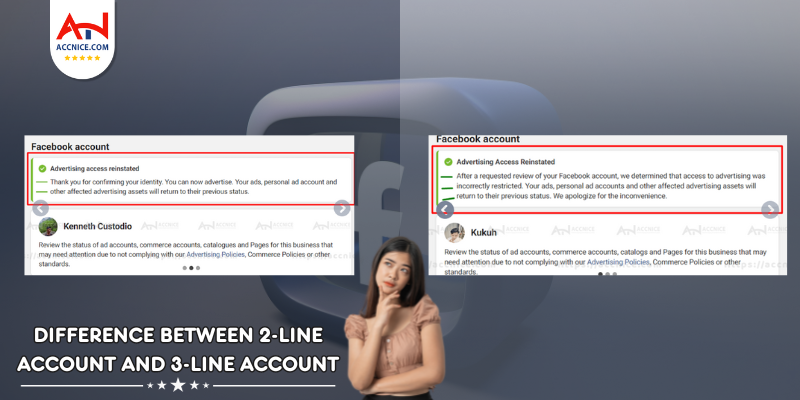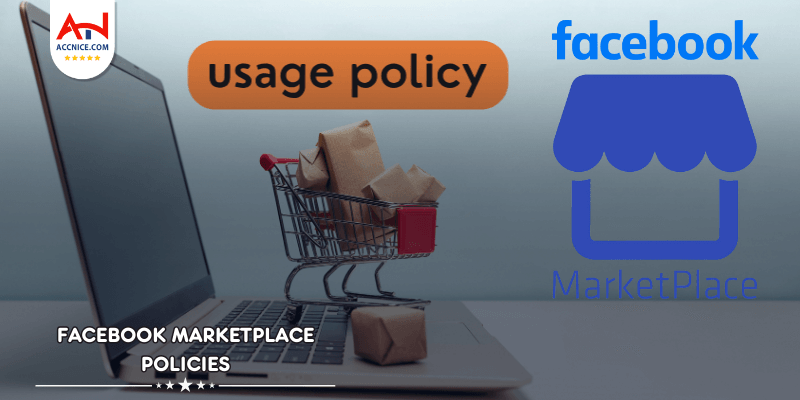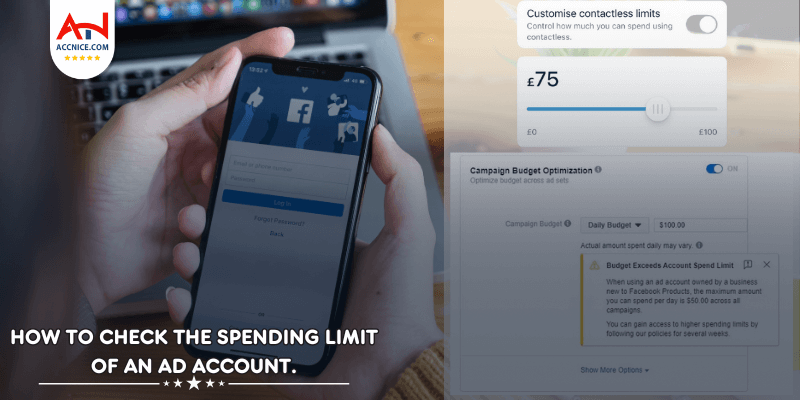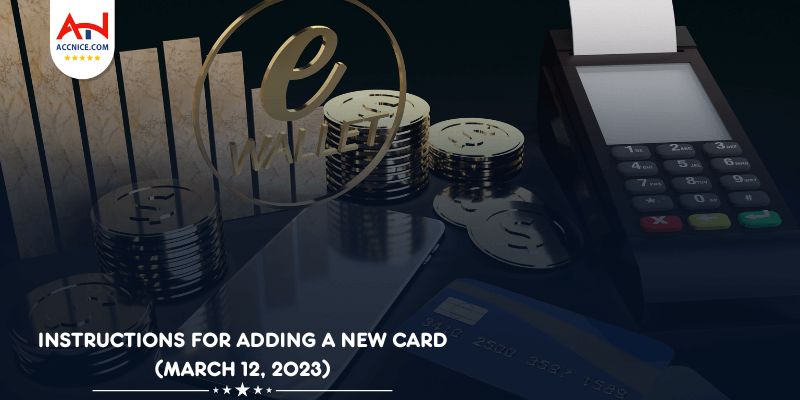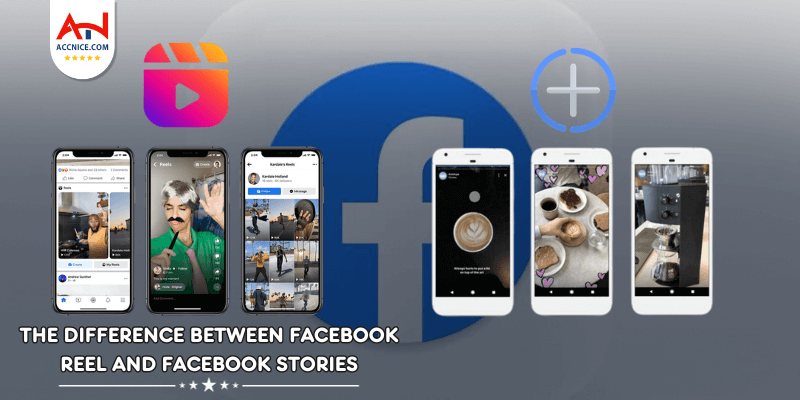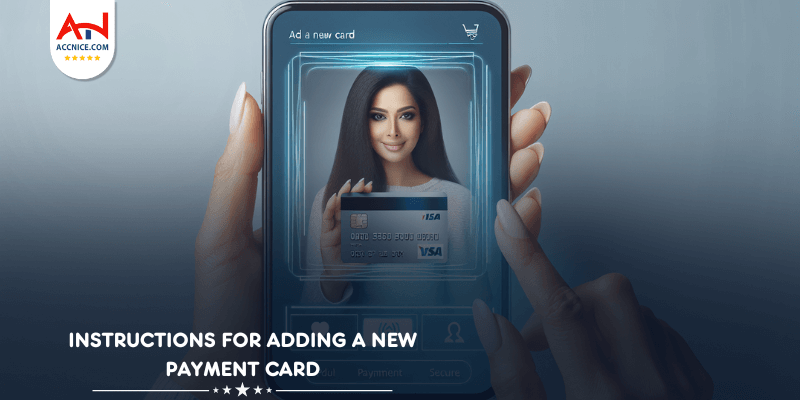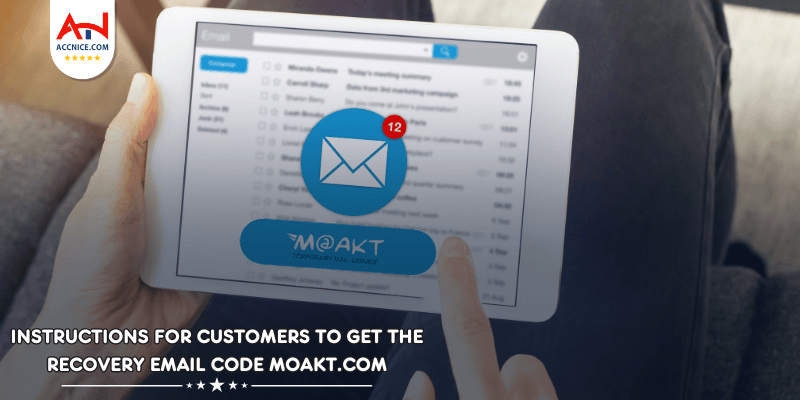
Interacting with your audience is a crucial element of digital marketing, and Facebook's Inbox and Comments are key tools for fostering this engagement. This article will explore practical tactics for leveraging Facebook's Inbox and Comment sections to heighten audience involvement. Mastering these tools enables you to cultivate deeper connections, nurture a sense of community, and amplify your online influence. Through strategic engagement via these platforms, you can significantly enhance the efficacy of your digital marketing efforts. Maximizing Audience Engagement: Mastering the Use of Inbox & Comments in Facebook


Addressing Specific Needs: Tailoring responses to individual audience inquiries builds a unique rapport. Show your audience they're valued with customized messages, fostering trust and loyalty.
Crafting Impactful Replies: Responses should be empathetic, pertinent, and informative. Shun generic templates in favor of responses that genuinely address each query’s tone and content. This reflects a sincere commitment to your audience's concerns.
Personalization Strategies:
Labeling Conversations: Use labels to categorize conversations, facilitating quick identification and follow-ups.
Utilizing Automated Responses: For frequent queries, automated responses save time but should be complemented with personalized follow-ups for complex questions.
Prioritizing Messages: Implement a system to address urgent or sensitive messages promptly, ensuring key issues receive immediate attention.
Ongoing Inbox Maintenance: Regularly review and tidy your inbox to keep track of conversations and clear out resolved issues, maintaining a clear and effective communication channel.
Incorporating these tactics can lead to more efficient management of your Facebook Inbox, guaranteeing timely and individualized interactions with your audience, thus boosting engagement and satisfaction.
Interacting with comments on Facebook posts is crucial for boosting engagement and visibility. Implement these best practices for optimal results:
Timely, Personalized Responses: Quick, tailored replies demonstrate your appreciation for audience engagement, making each interaction feel more personal and significant.
Positive Engagement: Even when responding to negative comments, maintain a constructive and positive demeanor. This approach can transform challenging interactions into opportunities for positive engagement.
Constructive Handling of Negative Feedback: Professionally address negative comments. Offer apologies where necessary, and suggest moving detailed discussions offline, if needed.
Fostering Continued Conversations: Encourage further engagement by asking open-ended questions or adding more information, keeping the dialogue active.
Boosting Post Visibility: Active comment sections can increase a post's visibility, as social media algorithms often favor posts with high engagement.
Comments are a treasure trove of feedback and insights:
Identifying Comment Patterns: Analyze comments for recurring themes or feedback, which can reveal audience preferences or issues with your content.
Assessing Audience Sentiment: Evaluate the tone and nature of comments to understand how your audience perceives your brand and content.
Refining Content Strategy: Let comments guide your content strategy. If certain topics or styles consistently elicit positive responses, consider integrating them more into your future content.
Evolving Future Content: Use constructive feedback from comments as a tool for improving your content quality. Critiques, when approached positively, can significantly enhance your content's appeal.
Effectively engaging with comments not only increases engagement but also provides invaluable insights. This, in turn, allows for continuous improvement of your content strategy, ensuring stronger audience connections and increased visibility on social media platforms.

Consistent Brand Voice: Maintain a uniform voice and tone in both private messages and public comments to solidify your brand identity.
Leveraging Cross-Platform Insights: Utilize trends and topics from Inbox interactions to guide your responses and posts in the comments section. This demonstrates a keen responsiveness to your audience's interests.
Gaining a Comprehensive Audience Perspective: Pair the direct insights from Inbox conversations with the wider audience feedback from comments to gain a holistic understanding of your audience's preferences and needs.
Response Metrics: Monitor your response rate and time in the Inbox to assess the promptness and consistency of your replies.
Comment Interactions: Track the volume and quality of comment activity. High interaction levels typically indicate robust audience engagement.
Evaluating Audience Dynamics: Observe how your engagement approaches influence overall audience growth and interaction trends, pinpointing successful tactics and areas for improvement.
Sentiment Assessment: Conduct a qualitative analysis of the sentiment in both Inbox messages and comments. This can offer valuable insights into your audience's perception of your brand.
By strategically integrating Inbox and Comments into your engagement plan, you can create a more effective and cohesive audience interaction approach. Using Facebook's analytical tools to measure the impact and sentiment of your engagements can guide adjustments and enhance your overall digital marketing strategy.
Effectively using Facebook's Inbox and Comments is crucial for fostering audience engagement and building a vibrant online community. Personalizing responses, efficiently managing conversations, and actively participating in comment sections enhance your audience's experience and deepen their connection with your brand. Integrating these tools into a holistic engagement strategy and continually measuring their impact through Facebook's analytics tools enables you to adapt and thrive in the dynamic world of digital marketing. This guide offers a comprehensive framework for mastering audience engagement through Facebook's powerful communication features, ensuring a strong and responsive presence in the digital space.

